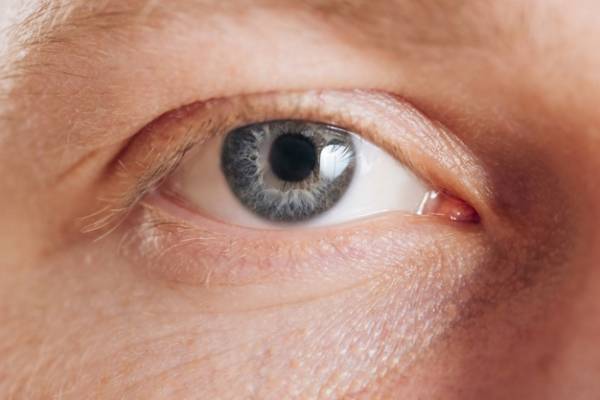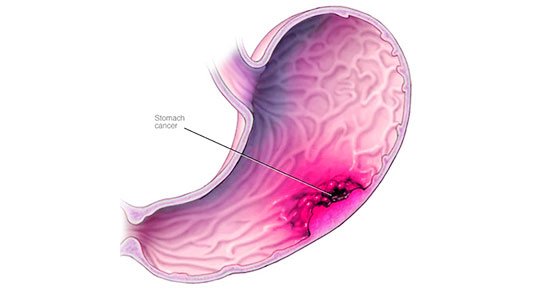Everything you need to know about the causes and ways to relieve eye irritation
A burning sensation in the eye usually indicates a problem or allergy in the look that suggests the need for rinsing. Sometimes this burning sensation in a part of the eye means a severe issue such as the entry of chemicals or sunburn or chronic dryness.

What causes eye irritation?
Although eye irritation goes unnoticed, several reasons need to be identified. Allergens can irritate the eyes. Severe eye problems such as infections around the eyes can irritate. Some of these cases are treated at home, while others need to be seen by a doctor and regularly monitored by an ophthalmologist.
Allergens and toxic substances
Many people are allergic to airborne allergens. These substances and contaminants cause dryness, irritation, and watery eyes, and this feeling accompany them until the allergen is removed from their eyes.
If you apply makeup, it will usually penetrate your eyes by blinking or washing your eyes with a particular eye drop, mascara, eyeliner, or shadow. Other types of contaminants, such as chemicals, cause more allergies.
For example, when sunscreen goes into your eyes. This product contains chemicals that cause chemical burns in the eyes for a few days and eventually heals on its own.
Industrial toxins, household cleaners, paints, diesel, and other substances are also dangerous to the body. When they enter the eyes, they cause mild to severe allergies and require immediate medical attention.
Allergic causes that irritate the eyes include:
Air fungi
Flower and plant pollen
Pets, pet wool, and hair
Perfumes such as perfume, cologne, air freshener
dust
Pieces of wood also irritate the eye but heal very quickly but sometimes cause inflammation and lead to blindness if left untreated.
Another problem is inflammation caused by allergies in the eyes. This type of allergic reaction triggers an immune response, and the body begins to produce antibodies that are usually itchy, runny, damaged, inflamed, and swollen from contaminated water.
The doctor diagnoses and treats allergens in these conditions and also prescribes painkillers and antihistamines to treat allergies. Once you have identified the type of allergen, you should stay away from them for a while.
The sun is also a stimulant for the eye, and you should reduce the amount of exposure to it because it will be a painful condition due to UV exposure in the eye.
Snow blindness is another type of allergy that occurs in areas full of snow and irritates the eyes; this allergy is accompanied by itching.

Dry eyes
Many people experience chronic dry eye, which means extra tears or inadequate quality tears. These tears are made up of three layers – oil, water, and secretions.
If one or more of these components are present, it spreads rapidly in the eye, causing it to dry out, resulting in a burning sensation.
There are many causes for chronic dry eye, including:
- Infection
- Age
- Medications such as antihistamines
- Environmental conditions such as smoking or strong winds
- Use the lens for a long time
- Medications such as osteoarthritis or diabetes
- Eye surgery such as LASIK
Chronic dry eye is treatable and relieves the burning sensation in the person.
Its treatments include the following:
- Use artificial tears and eye drops
- Use eye gel after surgery
- Increase tear production by prescribing drops
- Treatment of inflammation at the surface of the eye
Lifestyle changes can also reduce or prevent dry eye, including:
Blink more to avoid dryness and to retain eye moisture
Drink lots of water
Wear outdoor sunglasses
Increase humidity in the home or workplace
Use dietary supplements and increase the quality of tears
Be sure to take eye irritation seriously and show it to your ophthalmologist to not to cause severe problems for you in the future.
Other severe eye conditions can cause a burning sensation in the eye:
Blepharitis:
Infection or inflammation of the eyelid through bacteria, insect bites, or contaminated material. In this condition, the eyelids become inflamed and become infected and swollen around the eyelashes, resulting in itching, burning, and dryness of the eyes. Oily discharge may also come out of them.
* Treatment of this type of condition removes secretions, eye scrub at the base of the eyelashes, antibiotics, remarkable eye drops to reduce irritation and redness and to maintain proper skin and eyelid hygiene.
Pinguecula:
A yellow mass in the eye is similar to a spot or pimple that usually occurs in the eye’s corner near the nose. This condition starts at one point and spreads around, and may cover part of the cornea.
If you wear sunglasses in the sun, you can quickly end this situation, and you can also use eye drops or special eye conditioners.
Sometimes environmental factors cause eye irritation, which improves as the person moves away from the environment. These factors include:
- Air dust
- Smoke and air pollution
- Stimulant chemicals in the air
- cigarette smoke
- Exposure to sunlight
- Wind exercise
- Hair spray (like taffeta) or hair dye and dechlorination
- Sunburn
- Other stimulant chemicals such as chlorine in swimming pool water
How to get rid of eye irritation:
It is best to find the cause of eye irritation and avoid using that particular product or being in an allergenic environment as much as possible.
Read the label on the material and do not use any allergens.
Avoid using cosmetics as much as possible.
Rinse your eyes entirely safely.
Be careful never to get sunscreen in your eyes.
Close your eyes at least once in a while, as this will relax your eyes and restore vision.
Use your doctor’s prescription eye drops carefully and promptly.
If the medications themselves cause eye irritation, put them aside and talk to your doctor. Sometimes using another brand can relieve this burning sensation.
Applying a warm compress with a soft towel over the eyes can significantly reduce this feeling of dryness.
The use of antihistamines is also effective in treating allergies.
When studying or working, the ambient light should be adequate. Gentle light is the best light, and intense light puts extra pressure on the eyes.
Use artificial tears 4 to 6 times a day to relieve eye irritation.


